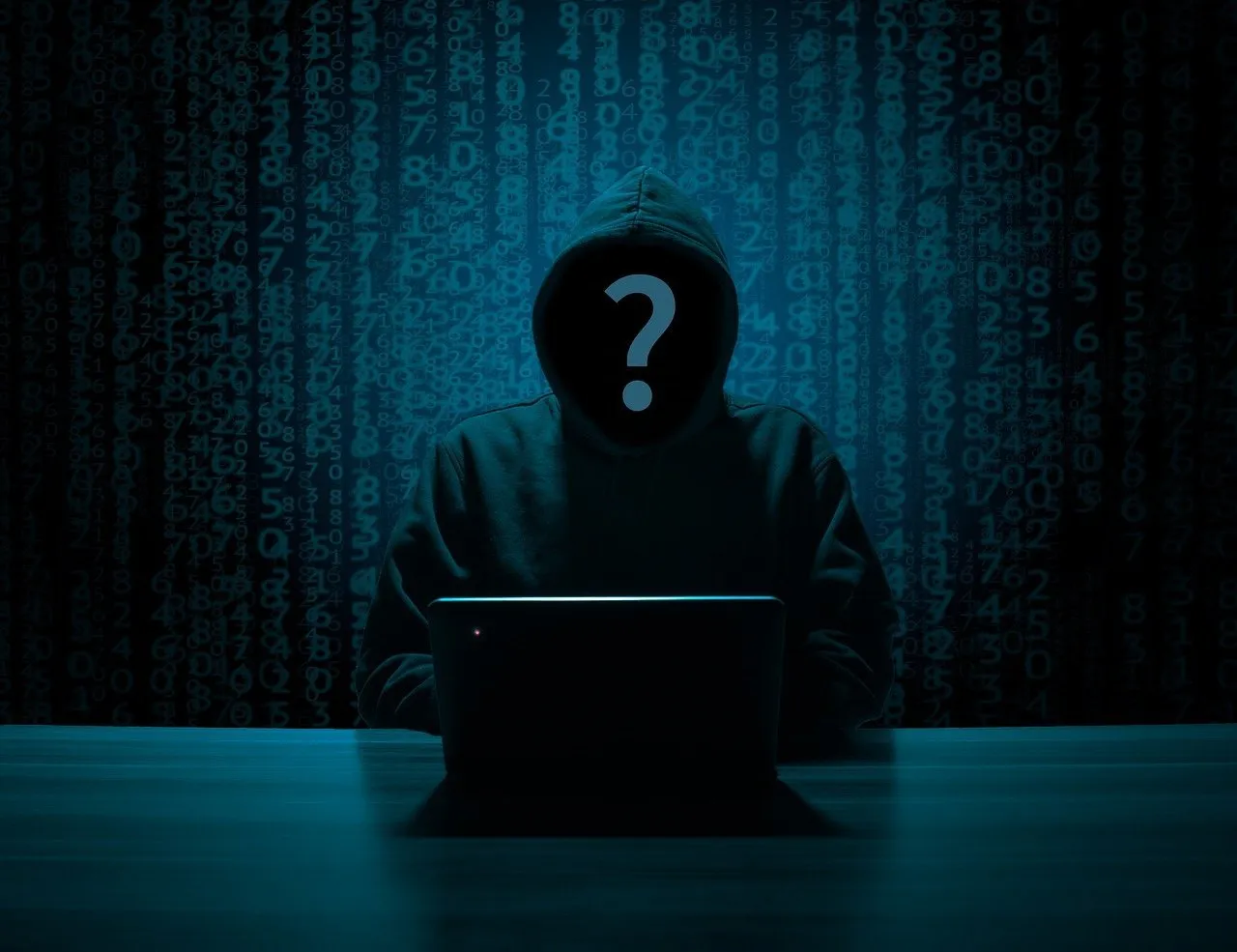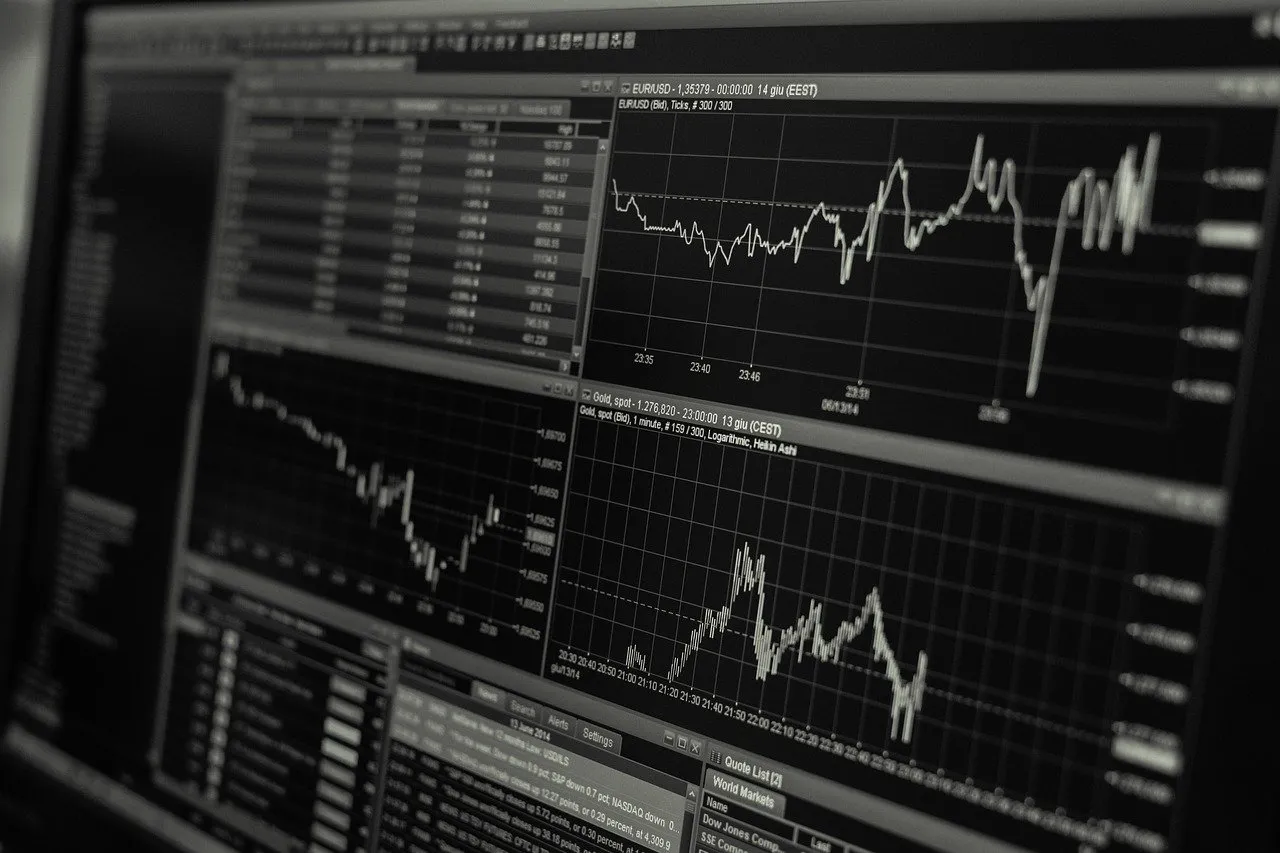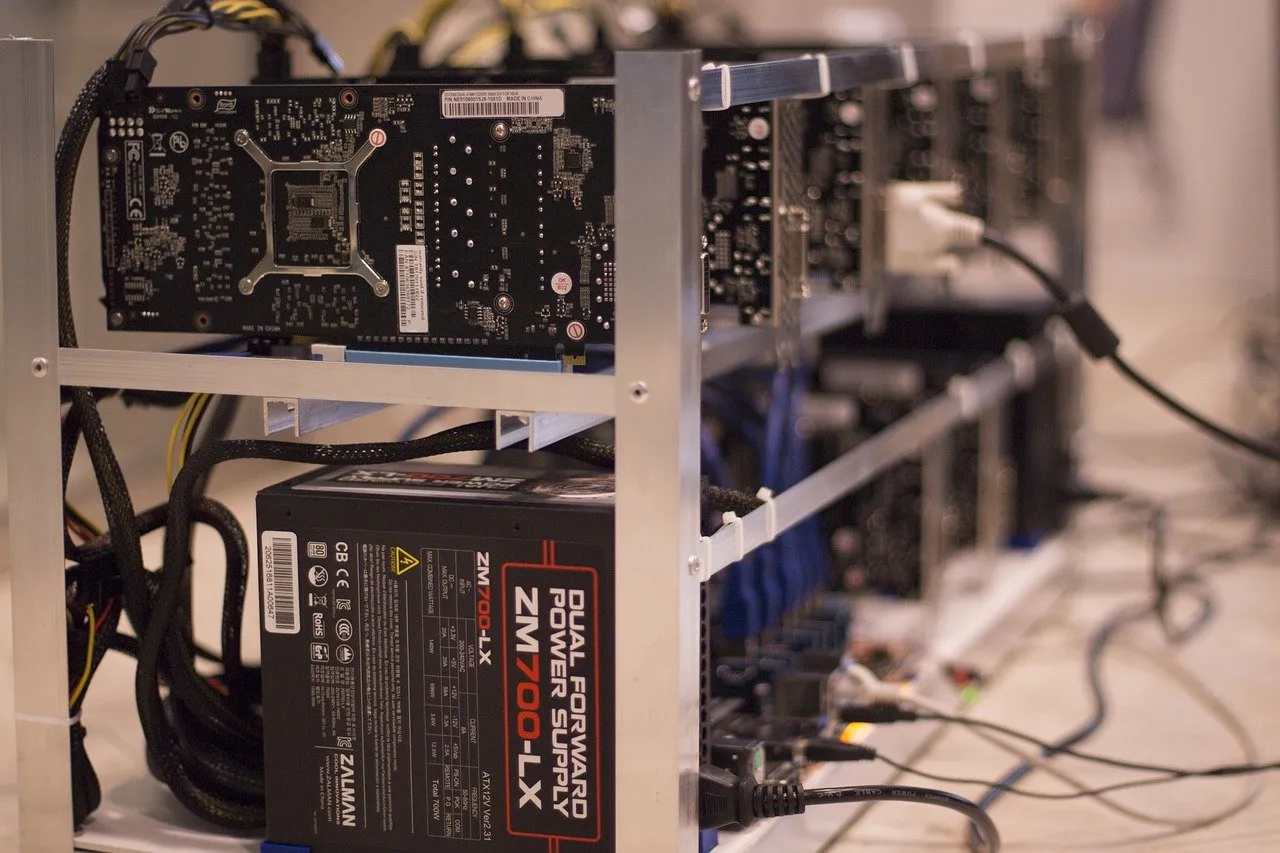What do you base your own beliefs on? For the opinions of others or the facts? Facts are the facts, misconceptions are opinions and fixed viewpoints which narrow people’s options.
It's time to break down these barriers! I will tell you in two parts how.
1. The classic bitcoin misconception: Bitcoin is the money of criminals
In its alternative version: bitcoin is the money of hackers, the money of terrorists, the money of illegal drug dealers. It is undeniable that bitcoin has had a few stamps on its reputation over the years, but it is now very inappropriate to mention the crypt only in connection with crime.

(Photo credit: Pixabay)
In its early years, cryptocurrency was intertwined with the name of the Silk Road illegal marketplace, where a wide range of illegal products could indeed be accessed in exchange for bitcoin. Silk Road has since been shut down; instead, quite a few other illegal darknet marketplaces have opened up for those who know where to look for them. And as a means of payment - this is really a true part of the statement - bitcoin is still an option on some platforms.
However, it must be added that bitcoin is being adopted in fewer and fewer illegal markets. (Privacy coins like monero are much more popular on the pages). Nor can we leave without a word that, in fact, only a very small proportion of bitcoin transactions are linked to illegal activities. According to a January 2020 report from Chainalysis, only roughly 1% of all transactions fall into this category.
Bitcoin is for everyone: no one can be excluded from it!
So today, by no means would we call bitcoin the money of criminals - although it is really undeniable that crypto money (especially in the past) was linked to illegal activities. Bitcoin is everyone’s money - meaning it can be used by everyone and no one can be excluded from it. Bitcoin is neutral and free of censorship as it is not under the influence of any central bank or Big Tech. This is especially beneficial when you consider that it can also be used by those who for some reason cannot access the providers of the traditional financial system. In other cases, it is more of a disadvantage: in the case of bitcoin, no one limits what it can be used for, so it is inevitable that it will also appear as a payment option for illegal activities.
Overall, however, this does not make bitcoin an instrument of crime. If you did, with the same logic, you could consider the Internet to be that way - because without it, online commerce would not exist.
2. Misconception: Bitcoin is too volatile to be a value-preserving device

(Photo credit: Pixabay)
People like to talk about the fact that the value of bitcoin has just increased or decreased so much. This is understandable, as these are good-sounding numbers, and even true: in 2020, for example, we saw a roughly fivefold increase in the exchange rate for cryptocurrency from January to December. Many times, in addition, the exchange rate jumped or fell in just a few hours or days. Bitcoin is clearly volatile - the question here is more about whether it is too volatile. How, for example, can bitcoin be referred to as digital gold, and one of its primary goals is to preserve value when, in fact, its value can vary greatly from day to day?
This example of bitcoin misconceptions covers a rather complex issue, but by clarifying one basic thing, we can put the suggestion in a completely different light. Volatility is not equal to risk. (This was even said by the billionaire investor Warren Buffett, who is not a big fan of cryptocurrencies anyway). Just because something has a volatile exchange rate doesn’t make the asset a risky business at all. Moreover, we can go even further: volatility is not necessarily a bad thing for an asset.
Gold is not free from sudden exchange rate changes either, but bitcoin misconceptions don't talk about it.
And if we want to consider bitcoin so “digital gold,” it’s worth taking a look at the volatility of gold. Gold has played a value-preserving role in the world for centuries. Due to its limited supply, precious metals are proving to be a particularly popular form of investment in times when people fear economic recession and inflation, as gold, like bitcoin, is famous for its resistance to inflation. However, this does not mean that the price of gold will not show significant changes; it is enough for us to look at the change in the 2020 exchange rate. Since January, the price of investment gold has also been able to produce an increase of almost 25%, which also included a larger correction in the autumn.
However, volatility was not the same here as suddenly gold would no longer be considered a reliable store of value - nor is the strong exchange rate movement in the case of bitcoin.
What’s more, we shouldn’t forget that bitcoin has just celebrated its 12th birthday, so its history goes back to a rather short term at the moment. Its volatility is expected to decrease significantly in the future as its acceptance and prevalence increase.
3. Misconception: Bitcoin consumes too much energy, which is not only polluting but also raises the price of electricity for others

(Photo credit: Pixabay)
As with previous statements, we need to state right here: there is truth in the statement, as bitcoin really consumes a lot of energy. However, how polluting this is is a completely different question; as is the assessment of the impact on electricity prices.
By no means should one thing be forgotten when discussing the energy consumption of bitcoin. Although bitcoin is mined in densely populated areas, the largest bitcoin mines are concentrated in places that are not only extremely sparsely populated, but produce much more electricity than they could actually use. China's Xinjiang and Sichuan provinces and Inner Mongolia are key sites for bitcoin mining. Of course, it is no accident that bitcoin mines have been installed in these places: in addition to the cold climate that helps cool the equipment, electricity is also extremely cheap in these areas.
And why is electricity so cheap? In Sichuan, for example, because they can’t use a lot of hydroelectric power in the first place - they can barely use half of it on site. And with current technology, transporting electricity is particularly expensive and not at all efficient: almost 8% of global electricity is lost by service providers during transport. Moreover, the storage of energy is not infinite in Sichuan either. Dams can only hold up a certain amount of water, which they are forced to release after a while. This simply loses energy that could have been used for something else.
This, of course, again does not mean that they will not be mining elsewhere by burning fossil fuels, or that the production of waste due to constantly updated mining machines is not a problem. However, we must not forget that the providers of the traditional financial system also use electricity, and not a little. And most of them use hydroelectric energy from the sparsely populated areas of Inner Mongolia for this.
To be continued...
Do you feel uncertain about your future? Learn how to build your wealth with ease!
Fair and trustworthy way to keep your Ethereum in BCT (BlockChainCapital shares) and/or WBT (WealthBuildingToken)!
Want to help other people and be rich at the same time? Join our community, and you'll be helped in every steps!
See this short video:

If you just want to invest by buying BTC or WBT, or just keep your Ethereum here, sign in and create your wallets.
My referral link: http://my.blockchaincapital.pro/?ref=kalemandra
 ***
***